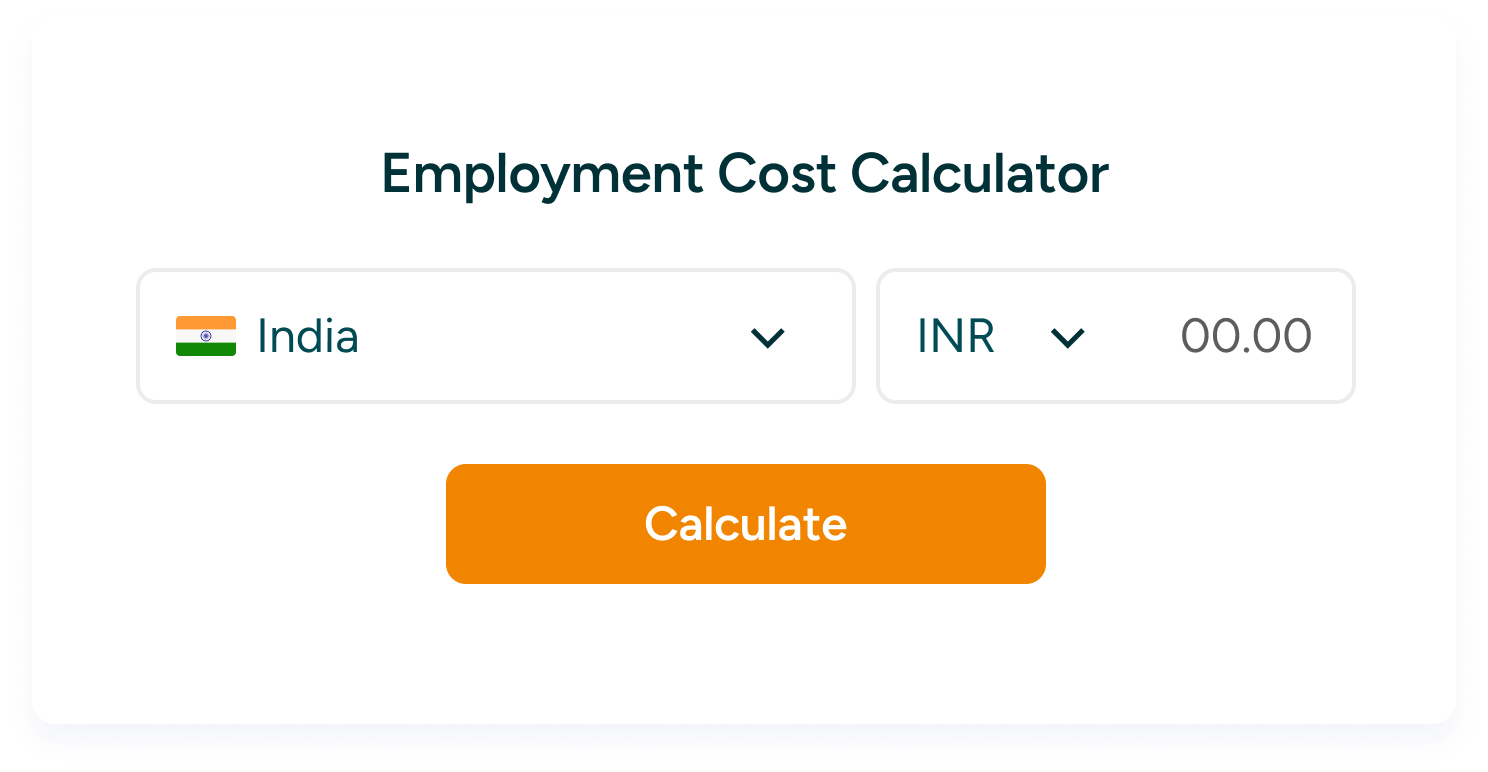The Japanese workforce is synonymous with efficiency, organisation and refined skillsets — characteristics that go hand in hand with the loyalty and commitment of many investors in Japan.
Japan is also one of the best-educated countries in the world: almost 80% of the working-age population has a level of advanced education. And although the workforce is exceptionally hardworking, there’s a strong culture of maintaining harmony and participating in group activities — not only at work but outside the office, too.
What’s more, Japan’s modern and highly developed infrastructure makes it the perfect place for conjuring up new products and concepts. The country also has an exceptional telecommunications network, over 20 ports and five international airports — helping it stay connected to the wider world.
Key considerations for payroll in Japan
Playing by the rules is engrained in the working culture here. Consequently, understanding and meeting the key payroll regulations and requirements are vital if you want to expand your business into Japan…
Salary and bonuses
In Japan, wages must be paid in full and in the local currency directly to the workers on a fixed date (typically between the 25th and the 31st) at least once a month. If salary is paid in arrears, it’s usually by the 10th of the following month.
It’s worth noting there’s no single minimum wage for the country, and minimum wage varies between each region and industry — meaning you’ll have to determine which rate applies to your company. If you employ workers across multiple regions, this can get a little confusing!
And while wages are generally low in Japan, bonuses are often paid twice a year: once in June and then again in December. This payment is classified as wages, and employers are legally obligated to pay it if the work rules or employment contracts provide for fixed bonus payments. However, you don’t have to pay variable compensation (including bonuses) if the nature of the payment is discretionary.
Working hours, overtime and paid leave
The statutory working week currently sits at 40 hours or eight hours a day (excluding breaks), but there are several exceptions under which a 44-hour working week is accepted.
Most employees are required to be paid for excess hours worked, although managers and above are not usually eligible for overtime pay. To get around this, many employers state that an employee’s remuneration includes a certain amount of overtime (subject to the caps set out in the labour standards) in their individual employment contracts.
Any full-time employee that’s worked for your organisation for at least six months is entitled to 10 days’ paid leave a year, eventually increasing to 20 days annually once they’ve worked for you continuously for six-and-a-half years. (See why Japanese workers are so loyal?)
However, unlike in many countries, there’s no legislation that allows workers to take a day off work if they’re ill, meaning employees will often use their paid holiday to do so.
A few extras…
For each salaried employee, employers must contribute to labour insurances (comprising workers’ accident compensation and unemployment insurance) and towards social insurances (including health/nursing care insurance and pensions). You’ll pay premiums on these insurances by withholding employees’ paid portion and paying it to the authorities.
On top of salary, companies usually also pay the transportation fees from the employee’s residence to their workplace, so it’s important to factor this into overall employer costs. This commutation allowance (generally the cost of a monthly train pass) is usually subject to a cap and is a non-taxable allowance for the employee. Any other allowance paid on top of the base salary is subject to income tax.
A solution to simplify it all
Global payroll can be a complicated process with plenty of boxes to tick — and this is no different when expanding your business into Japan. But outsourcing your Japan payroll to a global payroll provider that offers an all-encompassing service will ensure you stay on the right side of Japan’s regulations.
At TopSource Worldwide, we can add new employees to your Japan payroll with ease and make the entire process quick and hassle-free — ensuring your employees are paid on time, every time.
And if you need to pay workers in Japanese yen (JPY) but don’t have access to that currency or a bank account in Japan? No problem.
We offer a range of currency and payment capabilities through our foreign exchange (FX) solution. So, whether you’re operating payroll in Japan, India or the UK (or all three!), we can provide a single consolidated invoice in your chosen currency, covering all your deployments across the globe and ensuring you get the best exchange rates available.
TopSource Worldwide offers comprehensive global payroll outsourcing services for Japan and over 100 other countries. Get in touch today to discover how our Japan payroll experts can make your international expansion seamless and straightforward.


